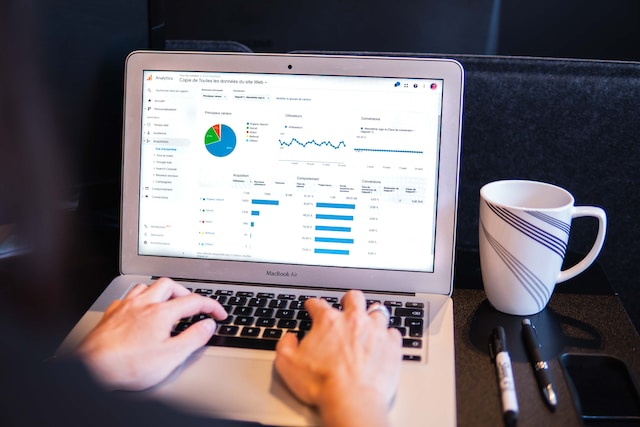In today's digital age, we're swimming in data. From the emails we send to the photos we take and the websites we visit, information is constantly generated and stored. This massive volume of data is what we commonly refer to as "big data." But what exactly is big data, and why does it matter? In this article, we'll break down the concept of big data in simple terms, explore its significance, and shed light on how it's transforming the way we live and work.
What is Big Data?
At its core, big data refers to extremely large and complex sets of data that traditional data processing tools and methods struggle to handle efficiently. These data sets are typically characterized by the three Vs:
Volume: Big data involves a massive amount of information, often ranging from terabytes to exabytes or more. Think of it as having an overwhelming number of files, documents, images, or videos.
Velocity: Data is generated and collected at an astonishing speed. This can include real-time data streams from social media, sensors, online transactions, and more.
Variety: Big data comes in various forms, including structured data (like databases and spreadsheets), semi-structured data (like XML and JSON files), and unstructured data (like text documents, images, and videos).
In addition to these three Vs, some experts add two more Vs to the mix:
Veracity: Refers to the trustworthiness and reliability of the data. With the vast amount of data available, ensuring data quality and accuracy is a significant challenge.
Value: The ultimate goal of big data is to extract valuable insights, make informed decisions, and create tangible benefits. Without deriving value from data, it remains just a massive digital warehouse.
Why Does Big Data Matter?
Big data has profound implications for nearly every aspect of our lives. Here are a few key areas where it plays a vital role:
1. Business and Marketing: Companies use big data to understand customer behavior, preferences, and trends. This information helps in making informed marketing decisions, improving products, and enhancing customer experiences.
2. Healthcare: Big data aids in medical research, patient care, and disease prevention. It enables the analysis of vast volumes of patient data, leading to better diagnoses and treatment plans.
3. Finance: Financial institutions use big data for fraud detection, risk assessment, and market analysis. It helps in making real-time investment decisions and managing portfolios.
4. Government: Big data assists governments in various ways, including improving public services, disaster management, and urban planning. It also plays a crucial role in national security and law enforcement.
5. Science and Research: Big data is instrumental in scientific research, particularly in fields like astronomy, genomics, and climate science, where large data sets are common.
6. Social Media and Entertainment: Social media platforms rely on big data for content recommendations, user engagement analysis, and targeted advertising. It also enhances our entertainment experiences through personalized content.
Challenges and Opportunities
While big data offers immense opportunities, it also presents challenges. Managing, processing, and securing vast amounts of data require advanced technologies and expertise. Privacy concerns and ethical considerations also arise when dealing with personal data.
However, the potential benefits are too significant to ignore. Big data analytics allows us to uncover patterns, make predictions, and gain insights that were previously impossible. It revolutionizes industries, transforms decision-making, and empowers individuals and organizations to navigate the digital age more effectively.
In conclusion, big data is not just about massive amounts of information; it's about harnessing the power of data to drive innovation, solve complex problems, and make the world a smarter, more connected place. As we continue to generate and collect data at an unprecedented pace, understanding and leveraging big data becomes increasingly essential in our data-driven world.
Photo by Myriam Jessier on Unsplash



